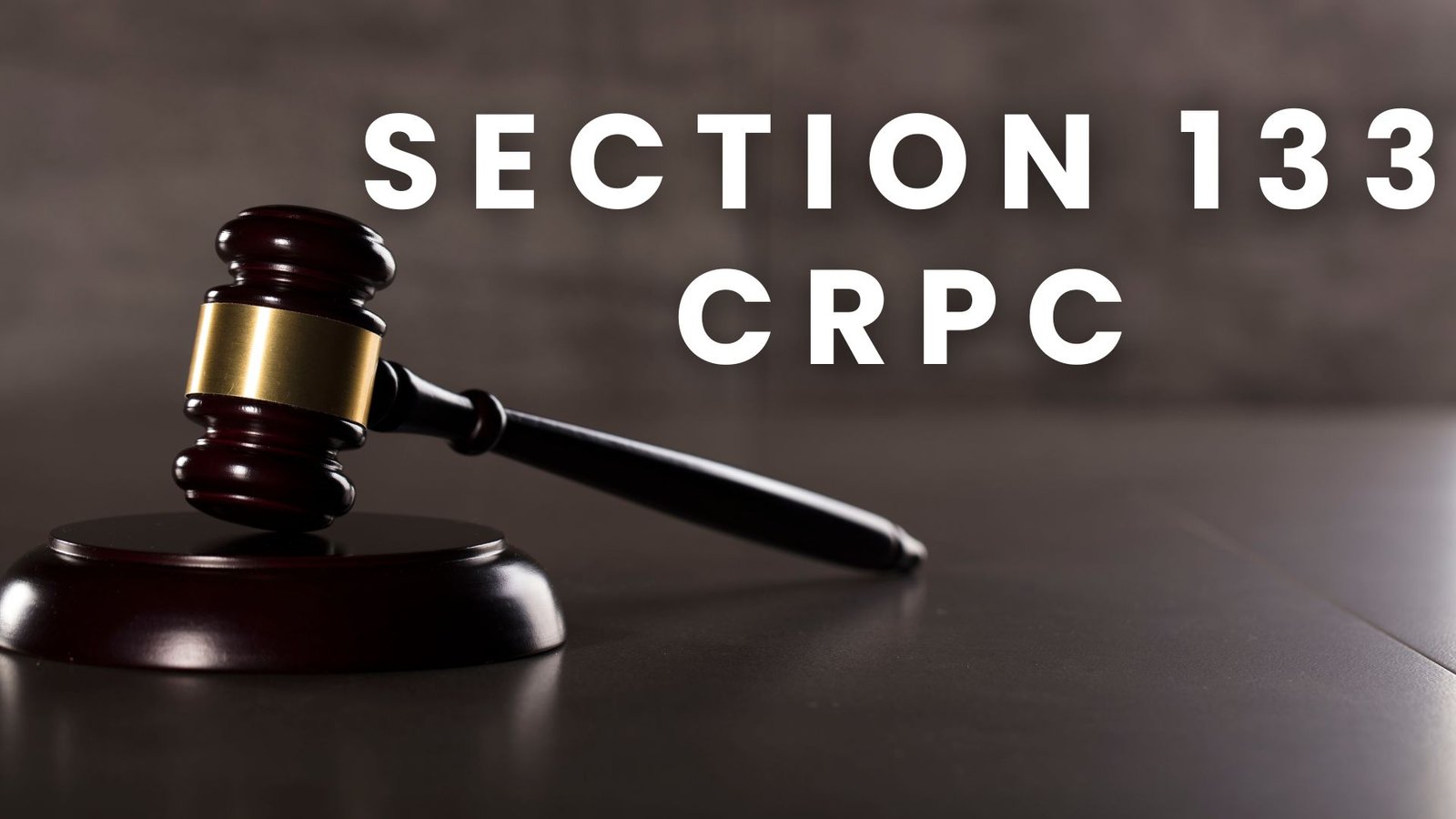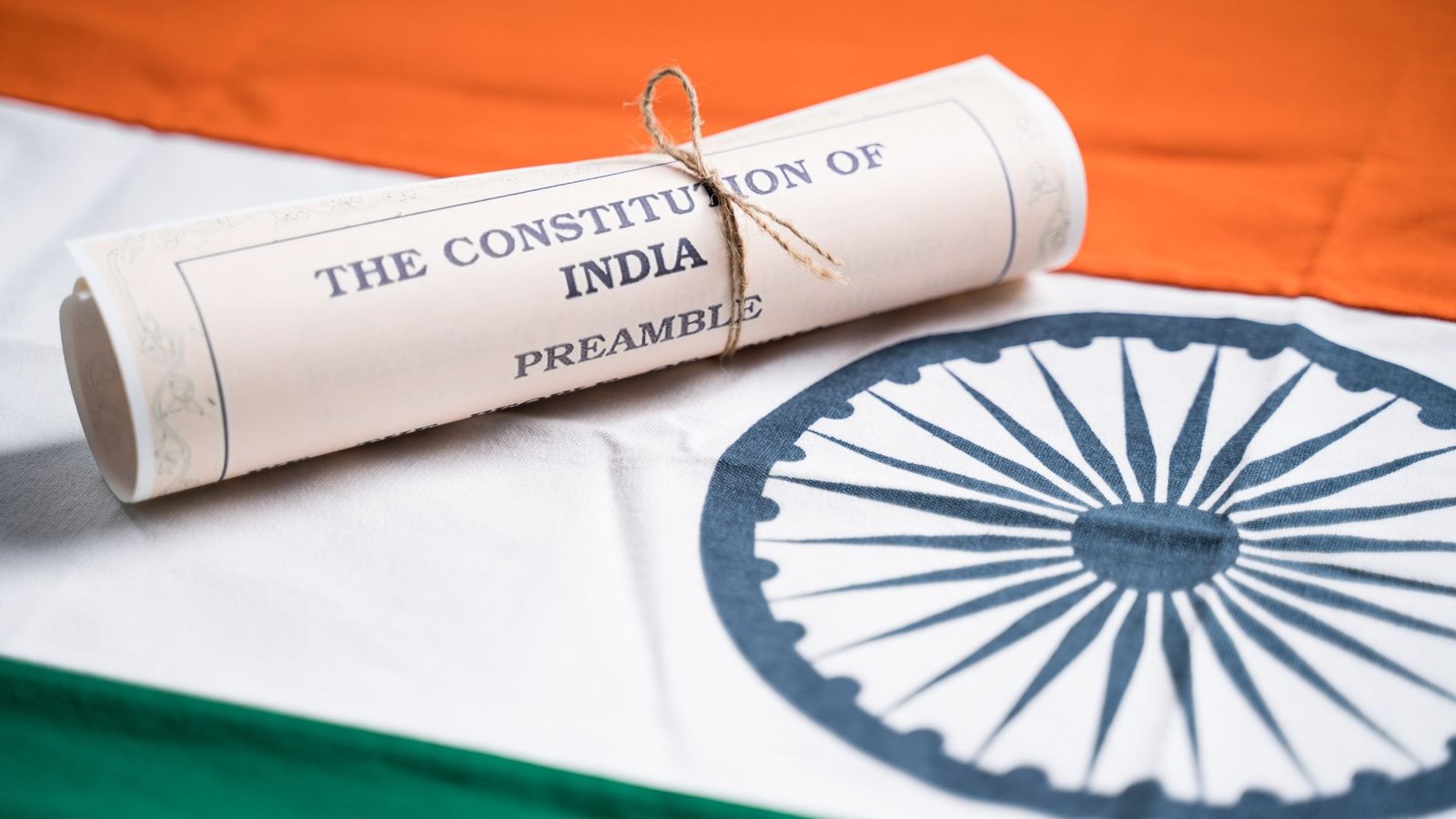On this page you will read detailed information about Section 162 CrPC in Criminal Proceedings.
Introduction to Section 162 of the CrPC
Section 162 of the Code of Criminal Procedure (CrPC) plays a crucial role in criminal proceedings. This section deals with the investigation process and the admissibility of statements made by witnesses during the investigation. It is important to understand the purpose and significance of Section 162 CrPC to ensure a fair and just legal system.
Purpose and Significance of Section 162 CrPC
The primary purpose of Section 162 CrPC is to protect the rights of witnesses during the investigation. This section prohibits the use of statements made by witnesses to the police during the investigation as evidence in court, except for specific circumstances. The intention behind this provision is to prevent the misuse of power by the investigating authorities and to ensure a fair trial.
By excluding the statements made by witnesses during the investigation, Section 162 CrPC aims to promote honesty and accuracy in the evidence presented in court. It encourages witnesses to give their statements freely, without fear or pressure, as they know that their statements will not be used against them during the trial. This provision also prevents the possibility of witnesses changing their statements later to align with the evidence presented in court.
Key Provisions of Section 162 CrPC
Section 162 CrPC lays down certain key provisions that govern the admissibility of statements made by witnesses during the investigation. These provisions include:
- Prohibition of direct use: Any statement made by a witness to the police during the investigation cannot be used as evidence in court, except for limited purposes.
- Limited exceptions: Under certain circumstances, the court may allow the use of such statements to contradict the witness’s testimony during the trial or to impeach their credibility.
- Certified copies: The court may refer to certified copies of statements made by witnesses during the investigation to refresh their memory or to ascertain the truthfulness of their testimony.
- Inconsistencies and contradictions: If a witness makes contradictory statements during the investigation and the trial, the court can use the statements made during the investigation to challenge the witness’s credibility.
These provisions ensure that the statements made by witnesses during the investigation are not used unfairly or selectively to influence the outcome of the trial.
In the previous post, we had shared information about Distinguishing False Imprisonment and Malicious Prosecution Under Indian Law, so read that post also.
Role of Section 162 CrPC in Criminal Proceedings
Section 162 CrPC plays a crucial role in maintaining the fairness and integrity of criminal proceedings. It acts as a safeguard against potential abuse of power by the investigating authorities. By prohibiting the direct use of witness statements made during the investigation, this section ensures that witnesses can provide honest and accurate testimony without the fear of self-incrimination.
Furthermore, Section 162 CrPC promotes transparency in the investigation process. It prevents the investigating authorities from manipulating or coercing witnesses into giving false statements. This provision strengthens the credibility of the evidence presented in court and helps in establishing the truth.
In addition, Section 162 CrPC also helps in protecting the rights of the accused. By restricting the use of witness statements made during the investigation, the accused is protected from any prejudicial or unreliable evidence that may be introduced against them. This provision ensures a fair trial where the accused has the opportunity to challenge the evidence presented against them.
Cases Where Section 162 CrPC is Applicable
Section 162 CrPC is applicable in various cases where witness statements are recorded during the investigation. Some common scenarios where this section comes into play include:
- FIR registration: When an FIR (First Information Report) is registered, the police may record the statements of witnesses present at the scene of the crime.
- Witness interviews: During the course of the investigation, the police may interview witnesses to gather information about the incident.
- Witness protection: Section 162 CrPC also protects the identity of witnesses by ensuring that their statements made during the investigation are not used against them.
In all these cases, Section 162 CrPC ensures that the statements made by witnesses during the investigation are not used as evidence in court unless permitted under the limited exceptions provided by the law.
Challenges and Controversies Surrounding Section 162 CrPC
Despite its importance in protecting the rights of witnesses, Section 162 CrPC has faced certain challenges and controversies. One of the main challenges is the possibility of witnesses changing their statements between the investigation and the trial. This raises concerns about the reliability and credibility of witness testimony.
Another controversy surrounding Section 162 CrPC is the issue of witness tampering. In some cases, witnesses may be pressured or threatened to change their statements or to withhold crucial information during the investigation. This undermines the purpose of Section 162 CrPC and poses a challenge to ensuring a fair trial.
To address these challenges, it is crucial for the legal system to implement effective witness protection measures and to create awareness among witnesses about their rights and the importance of providing accurate testimony.
Importance of Preserving and Utilizing Section 162 CrPC Evidence
While Section 162 CrPC prohibits the direct use of witness statements made during the investigation, it is important to preserve and utilize such evidence for the purpose of investigation and trial preparation. The statements made by witnesses during the investigation can provide valuable leads, insights, and background information that can assist in building a strong case.
Preserving the statements made during the investigation allows the defense and prosecution to analyze the inconsistencies and contradictions in witness testimony. This can help in cross-examination and challenging the credibility of witnesses during the trial.
Furthermore, the preserved statements can be used to refresh the memory of witnesses during the trial. This ensures that witnesses provide accurate and consistent testimony, enhancing the reliability of their statements.
Differences Between Section 162 CrPC and Other Related Sections
Section 162 CrPC is unique in its provisions and restrictions regarding the use of witness statements made during the investigation. However, it is important to understand the differences between Section 162 CrPC and other related sections to have a comprehensive understanding of the legal framework.
One key difference is the admissibility of statements made under Section 161 CrPC. Section 161 CrPC allows the police to record statements of witnesses during the investigation. While these statements are not admissible as evidence, they can be used for the purpose of cross-examination and challenging the credibility of witnesses during the trial.
Another difference is the admissibility of confessions made by accused persons under Section 164 CrPC. Unlike witness statements made during the investigation, confessions made under Section 164 CrPC are admissible as evidence in court, subject to certain conditions and safeguards.
Understanding these differences helps in navigating the legal landscape and ensures that the rights of all parties involved in criminal proceedings are protected.
Recent Developments and Amendments Related to Section 162 CrPC
In recent years, there have been several developments and amendments related to Section 162 CrPC. These changes have been introduced to address the challenges and controversies surrounding the admissibility of witness statements during the investigation.
One significant development is the introduction of video recording of witness statements during the investigation. This ensures transparency and accountability in the recording process, reducing the possibility of witness tampering or manipulation.
Furthermore, recent amendments have focused on strengthening witness protection measures. Special provisions have been introduced to safeguard the identity and safety of witnesses, encouraging them to come forward and provide accurate testimony without fear.
These developments reflect the commitment of the legal system to ensure a fair and just trial by addressing the shortcomings and challenges associated with Section 162 CrPC.
Conclusion: Understanding the Importance of Section 162 CrPC in Criminal Proceedings
Section 162 of the Code of Criminal Procedure plays a significant role in criminal proceedings by protecting the rights of witnesses and promoting fairness in the trial process. Its provisions ensure that witness statements made during the investigation are not used unfairly or selectively to influence the outcome of the trial.
While Section 162 CrPC poses certain challenges and controversies, it is crucial for the legal system to address these issues and implement effective measures to protect witnesses and ensure a fair trial.
By understanding the purpose, significance, and key provisions of Section 162 CrPC, we can contribute to a just legal system that upholds the rights of all parties involved in criminal proceedings.
Disclaimer
The information and services on this website are not intended to and shall not be used as legal advice. You should consult a Legal Professional for any legal or solicited advice. While we have good faith and our own independent research to every information listed on the website and do our best to ensure that the data provided is accurate. However, we do not guarantee the information provided is accurate and make no representation or warranty of any kind, express or implied, regarding the accuracy, adequacy, validity, reliability, availability, or completeness of any information on the Site. UNDER NO CIRCUMSTANCES SHALL WE HAVE ANY LIABILITY TO YOU FOR ANY LOSS OR DAMAGE OF ANY KIND INCURRED AS A RESULT OR RELIANCE ON ANY INFORMATION PROVIDED ON THE SITE. YOUR USE OF THE SITE AND YOUR RELIANCE ON ANY INFORMATION ON THE SITE IS SOLELY AT YOUR OWN RISK. Comments on this website are the sole responsibility of their writers so the accuracy, completeness, veracity, honesty, factuality and politeness of comments are not guaranteed.
So friends, today we talked about Section 162 CrPC in Criminal Proceedings, hope you liked our post.
If you liked the information about Section 162 CrPC in Criminal Proceedings, then definitely share this article with your friends.
Knowing about laws can make you feel super smart ! If you find value in the content you may consider joining our not for profit Legal Community ! You can ask unlimited questions on WhatsApp and get answers. You can DM or send your name & number to 8208309918 on WhatsApp










